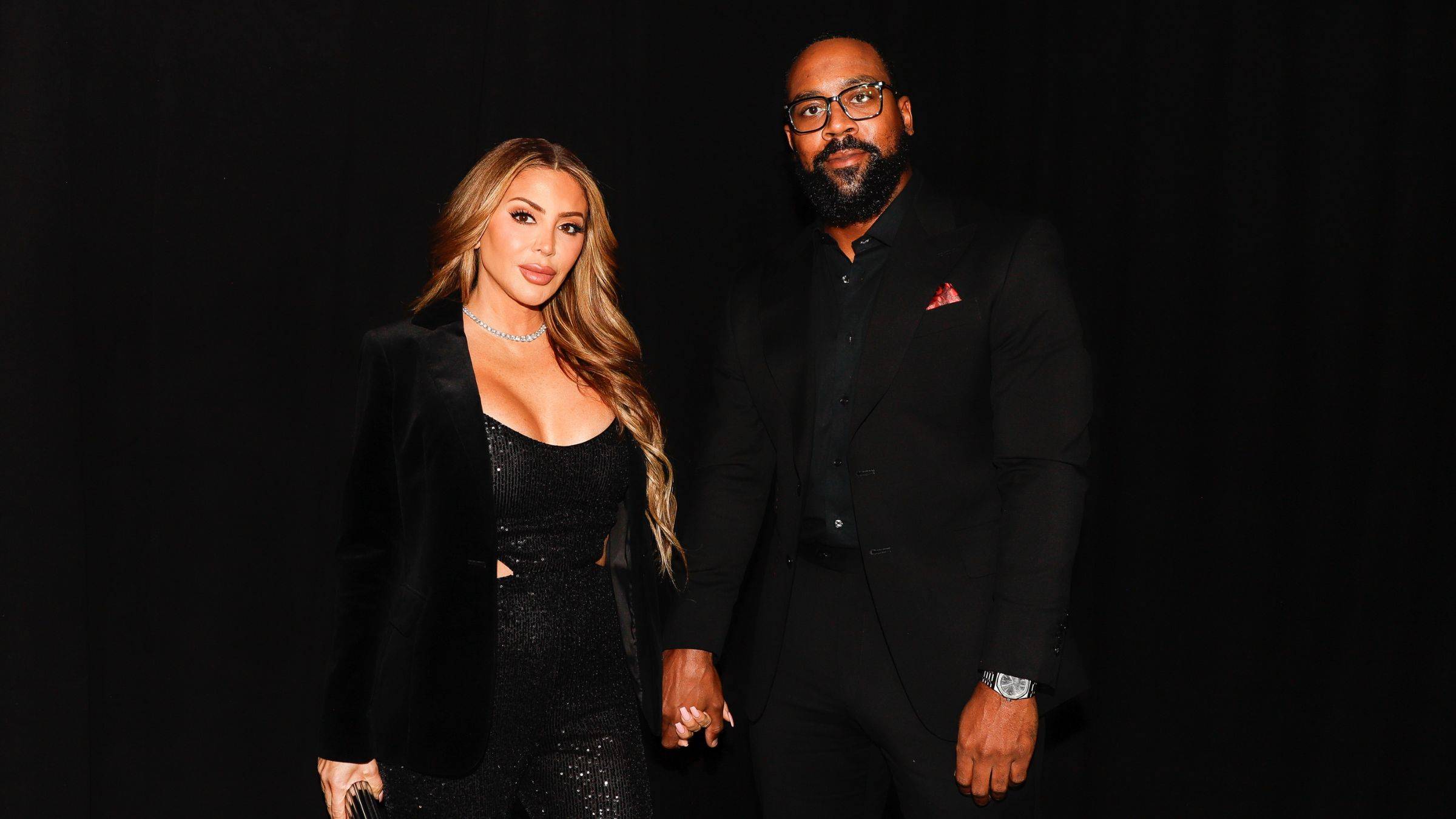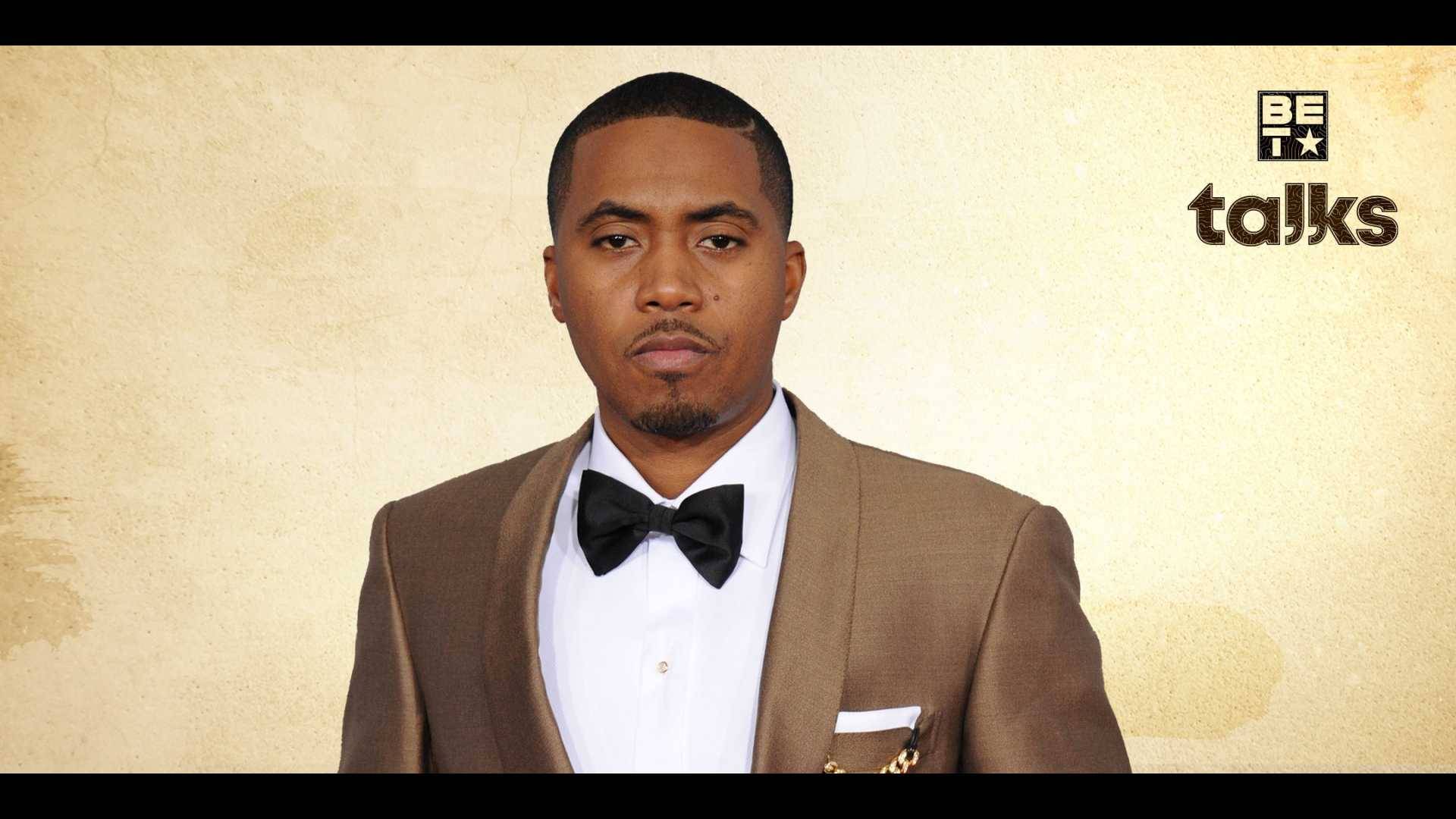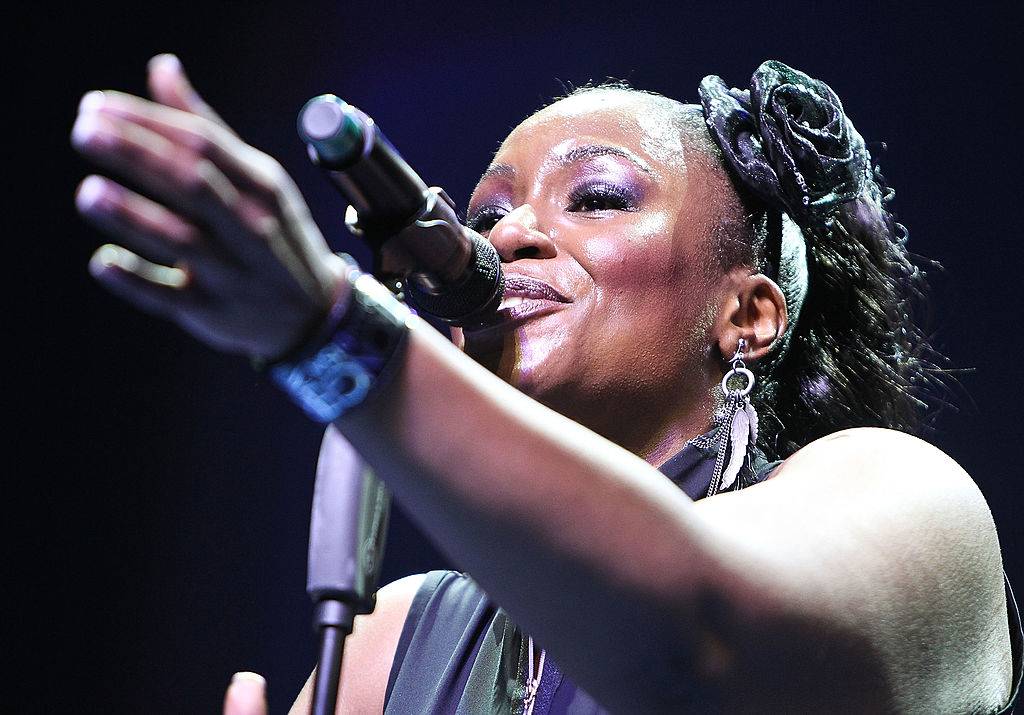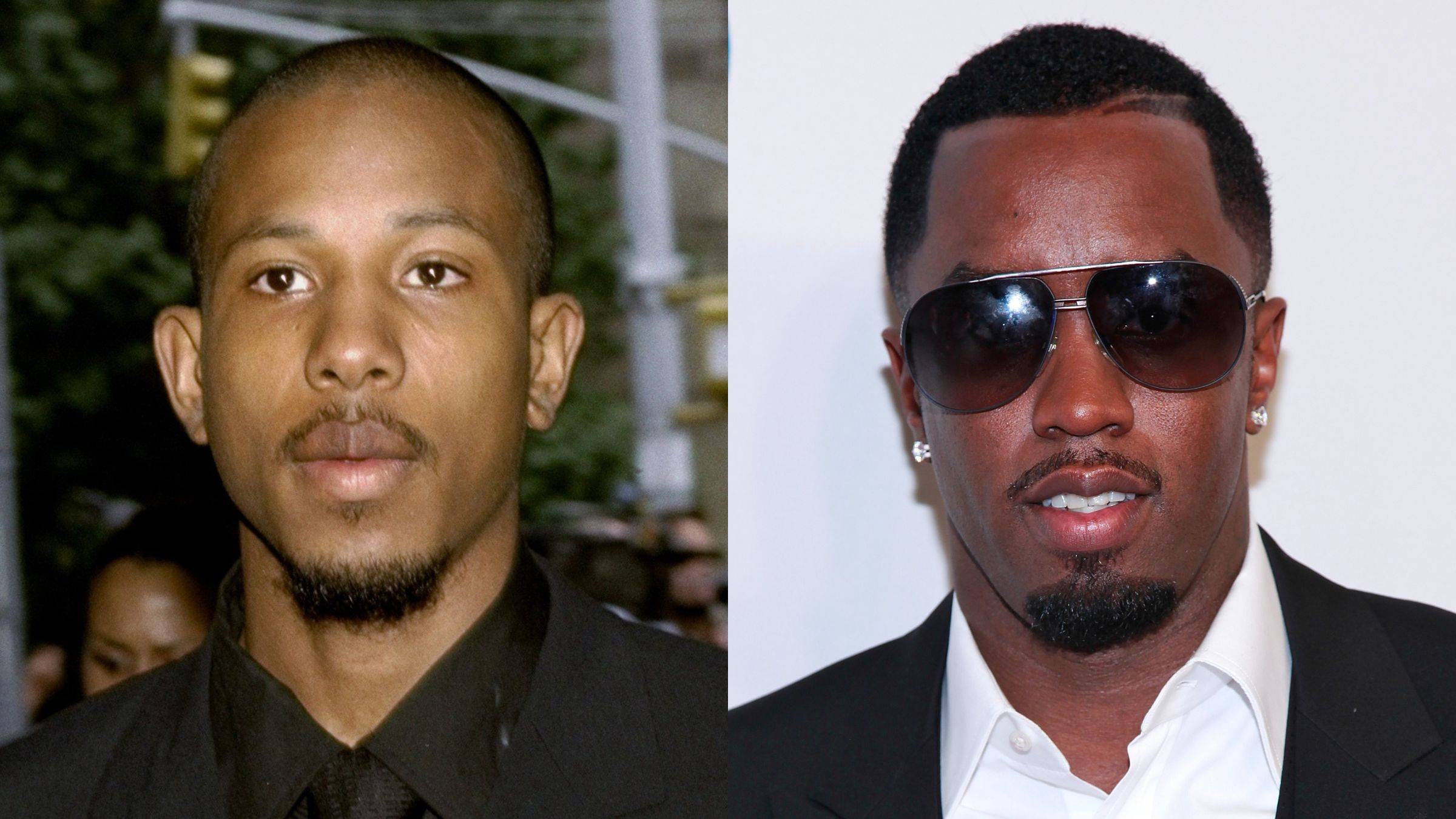ER Doc: Jackson Dead Long Before Hospital Arrival
LOS ANGELES (AP) — Before paramedics wheeled Michael Jackson into the emergency room, Dr. Richelle Cooper was sure he was dead.
More than an hour of resuscitation efforts at the Ronald Reagan UCLA Medical Center didn't change her opinion — the King of Pop had died in the bedroom of his rented mansion.
Based on what Jackson's personal physician told her, though, she didn't quite know why.
Murray told her he had seen Jackson stop breathing and immediately started CPR, but prosecutors say that's not what happened. Instead, over three days and a dozen witnesses at a preliminary hearing, they have put forth a timeline in which Jackson died in the bedroom of his rented mansion and Murray delayed calling 911 to conceal his actions.
Cooper testified she authorized paramedics to pronounce Jackson dead at 12:57 p.m., but they declined at Murray's request and because of the singer's celebrity. After an ambulance ride trailed by paparazzi and more than an hour of efforts in the ER, Cooper officially pronounced Jackson dead at 2:26 p.m. on June 25, 2009.
She said that Murray never told her he had given Jackson the anesthetic propofol, which Cooper said she typically uses in the ER for patients with head trauma or serious injuries.
The Houston-based cardiologist charged in Jackson's death also didn't mention several other sedatives he administered, which Cooper said could have amplified the propofol's effects and caused Jackson to stop breathing before his heart stopped beating.
The testimony came during a multi-day preliminary hearing in which a judge will decide whether there is enough evidence for Murray to stand trial on an involuntary manslaughter charge. Murray, who has pleaded not guilty, faces up to four years in prison if convicted.
With Cooper and another UCLA doctor, prosecutors have elicited testimony from five witnesses who said Murray either never mentioned the all the drugs he had given Jackson, or tried to conceal them.
Paramedic Martin Blount, who also testified Thursday, said he saw Murray scoop up three vials of the painkiller lidocaine from the floor of Jackson's bedroom during resuscitation efforts. Blount said he was surprised to see the medications because Murray had told him that he hadn't given the singer any drugs.
Murray's attorney, Joseph Low IV, did not even question Blount's description of the lidocaine, although another defense attorney pointedly questioned the UCLA doctors about whether candid disclosures from the doctor would have saved Jackson.
Cooper said while it wouldn't have changed her efforts to revive Jackson, knowing that Murray had given the singer several sedatives and propofol would have added to her understanding of why the singer had died.
I would be concerned particularly if there were other medications given, that it would lead to a respiratory arrest, which would lead to a cardiac arrest," Cooper said.
Nicole Alvarez, a girlfriend Murray called while riding in the ambulance to UCLA, has been ordered to appear in court on Friday. The hearing will also feature detectives, coroner's officials and experts on propofol's effects in the coming days.
Before the hearing is over, a judge may hear Murray's version of events as well, as he relayed them to police detectives three days after Jackson's death.
Deputy District Attorney David Walgren has said he will use Murray's statements and testimony to show that the 57-year-old's actions represented "an extreme deviation from the standard of care."





